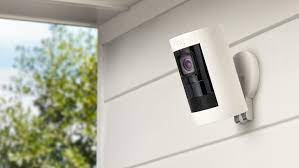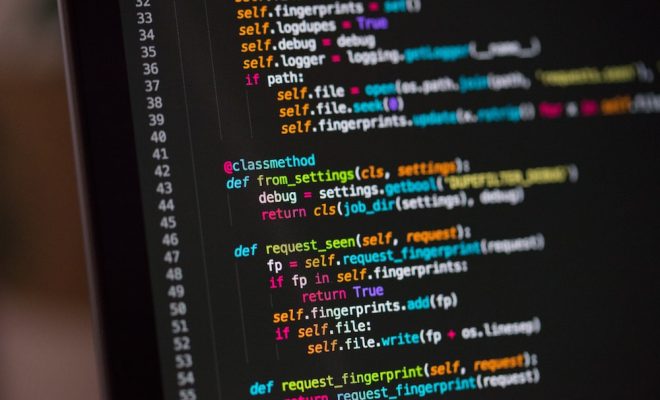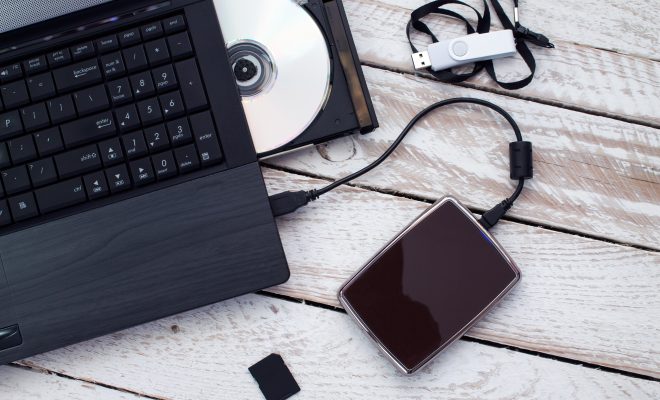How to Secure Your IP Security Cameras

IP security cameras have become an essential tool for many people in monitoring their homes and offices. However, with the rise of hacking and cyber threats, it’s essential to ensure that your IP security cameras are secure. Here are some tips on how to secure your IP security cameras.
- Change Default Passwords
Most IP security cameras come with default passwords that hackers can easily guess. It’s crucial to change the default passwords to something more complex and difficult to guess. Use a combination of letters, numbers, and symbols to create a strong password.
- Update Firmware
Firmware updates are essential in fixing security vulnerabilities that hackers can exploit. Regularly check for firmware updates and install them as soon as they are available.
- Use Strong Wi-Fi Passwords
Hackers can easily access your IP security cameras if they can get access to your Wi-Fi network. It’s essential to use strong Wi-Fi passwords and enable encryption protocols such as WPA2.
- Enable Two-Factor Authentication
Two-factor authentication adds an extra layer of security to your IP security cameras. It requires users to provide two forms of identification to access the cameras. Enable two-factor authentication and use a strong password for the second factor.
- Use a VPN
A VPN encrypts your internet connection, making it difficult for hackers to access your IP security cameras. Use a reputable VPN service to secure your internet connection.
- Disable Remote Access
If you don’t need remote access to your IP security cameras, it’s best to disable it. Remote access can be a security vulnerability that hackers can exploit.
In conclusion, securing your IP security cameras is essential to protect your privacy and prevent hackers from accessing your cameras. By following these tips, you can significantly improve the security of your IP security cameras.






